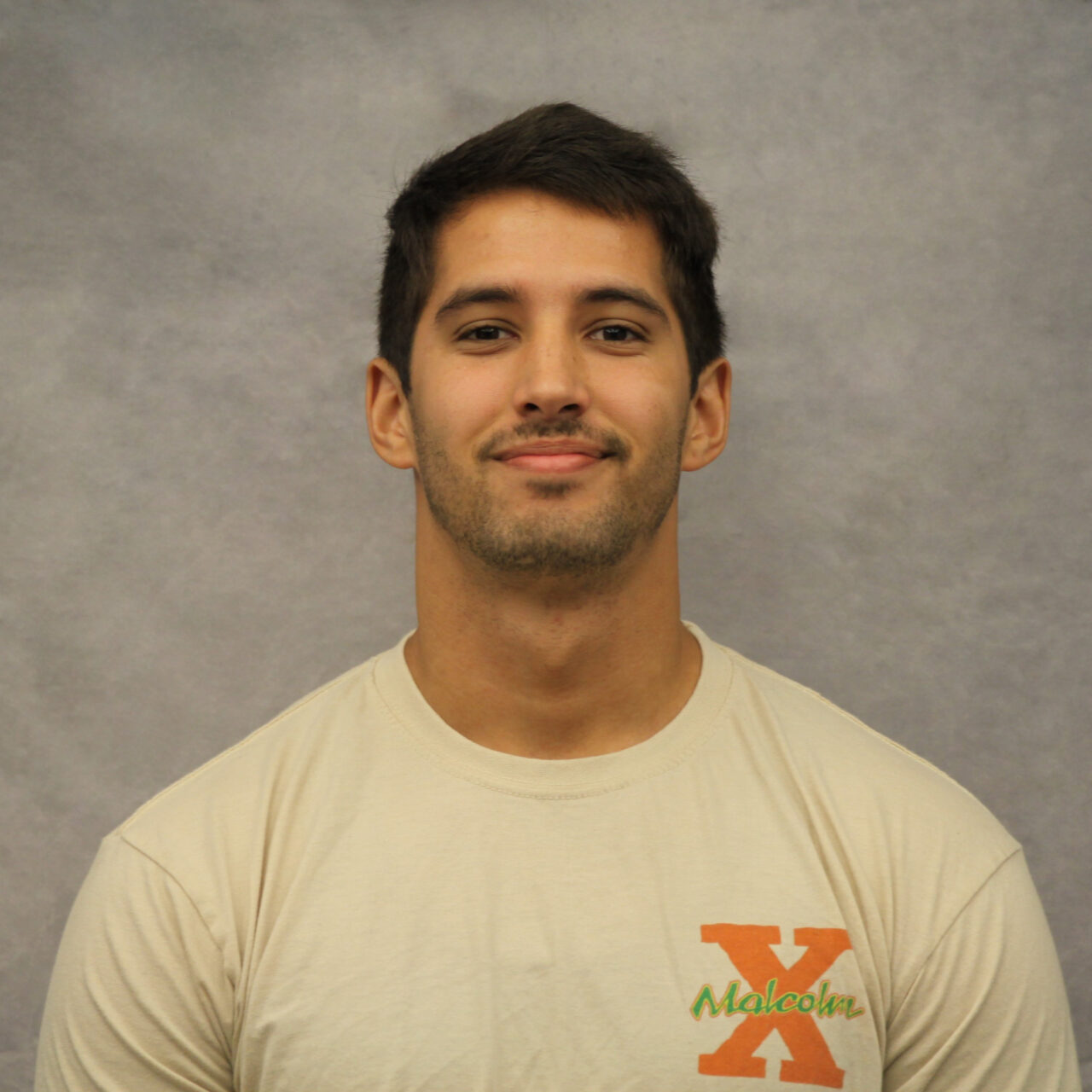Matthew Kadrich, PsyD
Faculty
Office phone: 248.476.1122, ext. 104
Email: [email protected]
Dr. Kadrich completed his doctoral training at the Michigan School of Professional Psychology, where he received extensive training in therapy and neuropsychological assessment through clinical experiences at the Michigan State University Counseling Center and in outpatient neuropsychological clinics. Furthermore, Dr. Kadrich has a master’s degree in clinical psychology with a focus in child and family treatment from University of Detroit Mercy, and a certificate in neuropsychology from Fielding Graduate University. Additionally, Dr. Kadrich is on the Clinical Care Board for the Bethany Anne Galdes Foundation, a group aiming to improve the awareness and care of adolescent mental health.
Licensure
- Licensed Psychologist – Michigan
Areas of Expertise
- Neuropsychological Assessment: Pediatric, Adult, & Geriatric
- Neurodevelopmental Assessment and Treatment
- Child and Family Therapy
Selected Presentations
Semaan, N., Kadrich, M.R. (2023, April). Effect of asthma and obstructive sleep apnea on attention-deficit/hyperactive disorder. Poster presented at Midwestern Psychological Association Annual Meeting, virtual platform.
Shepler, D. K., Callan, P. D., Kadrich, M. R., Kowalski, K. M., & Medina, E. E. (Accepted for 2022, August). Diagnosing ADHD across the lifespan: Analysis of clinically derived CPT3 data. Poster presented at the 130th annual Convention of the American Psychological Association, Milwaukee, WI.
Kadrich, M.R. & Shepler, D.K. (2020, January). Catfishing: Use of False Identities in Online Dating. Poster accepted to the Midwestern Psychological Association Annual Meeting. Chicago, IL.
Q&A
- What advice would you give to a student entering The Michigan School of Psychology?
Graduate school is not easy for anyone, no matter how unbothered or rested people look. If they look rested, it is likely that their main food group is coffee. You are not alone in feeling overwhelmed or nervous, and if you can reach out to your circle, the people going through it with you, it is easier. Take time to explore your interests, as big or small as they may be. You may find yourself invested or interested in something that inspires, humbles, and excites you.
- Why did you choose to enter the field of psychology?
- Describe your research interests.
In the past, my research has been very focused on aspects of social psychology (possible selves and social interaction), but lately my journal searches have been focused on exploring the ways in which common medical conditions (i.e., asthma) can impact the brain and whether or not we can explain some of the things our patients are experiencing as a result of these common conditions.
Additionally, based on the work of a mentor who found that Tourette’s Syndrome may mimic aspects of ADHD, I have also started research on developing inventories to assist in differentiating ADHD, Tourette’s Syndrome, and autism spectrum disorder. The idea is to identify and possibly delineate the types of field-dependent or exploratory behaviors seen in these disorders to assist in more accurate diagnostic formulation. I am also interested in examining the way in which ADHD might present in the profiles of high achieving individuals.

